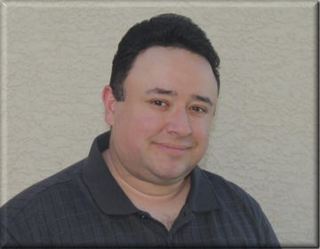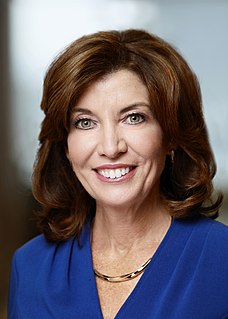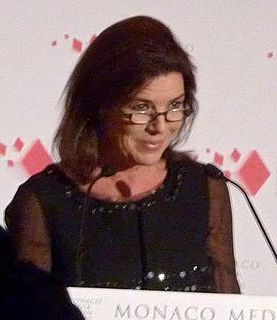A Quote by Charles Dickens
As I never saw my father or my mother, and never saw any likeness of either of them (for their days were long before the days of photographs), my first fancies regarding what they were like, were unreasonably derived from their tombstones. The shape of the letters on my father's, gave me an odd idea that he was a square, stout, dark man, with curly black hair. From the character and turn of the inscription, "Also Georgiana Wife of the Above", I drew a childish conclusion that my mother was freckled and sickly.
Related Quotes
I didn't like what was on TV in terms of sitcoms?it had nothing to do with the color of them?I just didn't like any of them. I saw little kids, let's say 6 or 7 years old, white kids, black kids. And the way they were addressing the father or the mother, the writers had turned things around, so the little children were smarter than the parent or the caregiver. They were just not funny to me. I felt that it was manipulative and the audience was looking at something that had no responsibility to the family.
I saw battle-corpses, myriads of them,
And the white skeletons of young men-I saw them;
I saw the debris and debris of all the dead soldiers of the war;
But I saw they were not as was thought;
They themselves were fully at rest-they suffer'd not;
The living remain'd and suffer'd-the mother suffer'd,
And the wife and the child, and the musing comrade suffer'd,
And the armies that remain'd suffer'd.
My mother saw her mother... her father walked out when they were very young and it was a lot of, I'd say more verbal abuse than physical, but it was the same. And my mother, back in the 70s, became an advocate for victims of domestic violence way before anybody in the Legislature was talking about it.
...Nameless, unknown to me as you were, I couldn't forget your voice!' 'For how long?' 'O - ever so long. Days and days.' 'Days and days! Only days and days? O, the heart of a man! Days and days!' 'But, my dear madam, I had not known you more than a day or two. It was not a full-blown love - it was the merest bud - red, fresh, vivid, but small. It was a colossal passion in embryo. It never returned.
My father never feared death. He never saw it as an ending. I don't know why Alzheimer's was allowed to steal so much of my father before releasing him into the arms of death. But I know that at his last moment, when he opened his eyes - - eyes that had not opened for many, many days - - and looked at my mother, he showed us that neither disease nor death can conquer love.
I never saw my mother in jeans, even in the country. She had one pair, which I have, but she never wore them. They were from 'Rear Window,' in the end when she's wearing jeans and loafers and a shirt. They were comfortable things that zip at the back, with really tight little pleats. They're very dark, they're not proper denim.
Man is afraid, the world is a strange world, and man wants to be secure, safe. In childhood the father protects, the mother protects. But there are many people, millions of them, who never grow beyond their childhoods. They remain stuck somewhere, and they still need a father and a mother. Hence God is called the Father or the Mother. They need a divine Father to protect them; they are not mature enough to be on their own. They need some security.
I learned respect for womanhood from my father's tender caring for my mother, my sister, and his sisters. Father was the first to arise from dinner to clear the table. My sister and I would wash and dry the dishes each night at Father's request. If we were not there, Father and Mother would clean the kitchen together.
My father actually went to college, and my mother went to nursing school, so, you know. I wouldn't... They were actually too square and right-wing to be hip, too well-educated to be white trash, too sexy to be square. They really didn't fit any mold. They weren't really hipsters. They were just - they were two of a kind, those two.






































